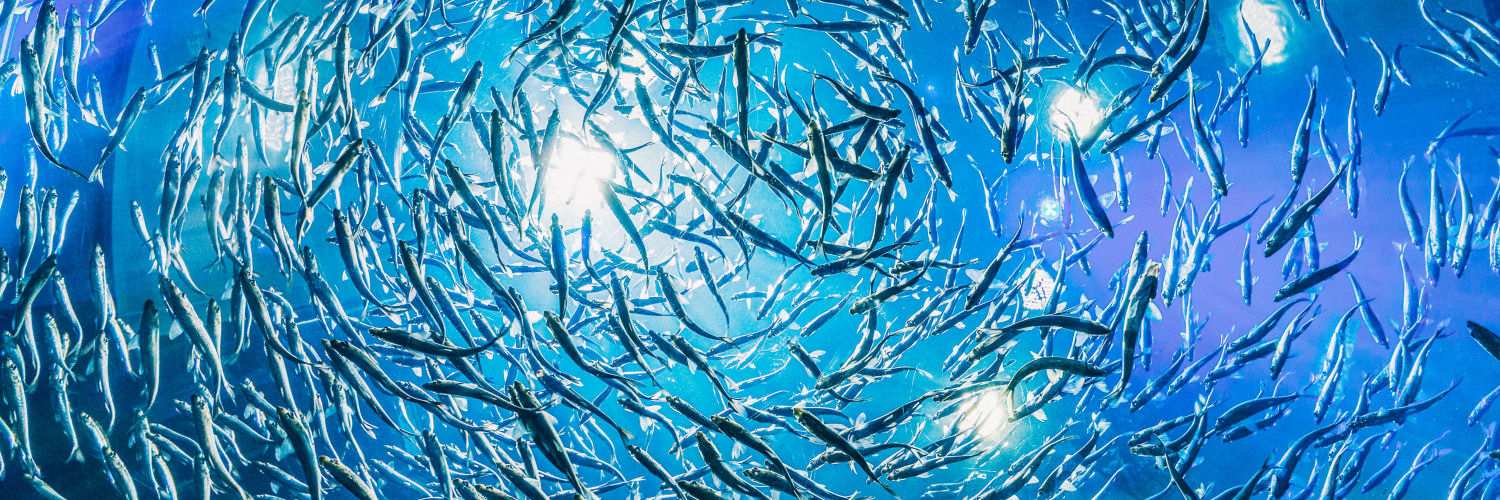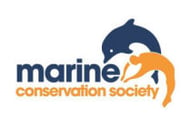
Jenny Griffiths, Education Manager at the Marine Conservation Society.
The Marine Conservation Society fully supports the introduction of a Natural History GCSE, which will provide young people with opportunities to study, explore and, most importantly, understand the natural world around them.
It is only through exploration and experience that young people will develop a deep connection to nature and the environment. Through these deep connections, the next generation will be driven to strive for better protection and conservation of our natural world.
In a world where disconnect from nature has been a growing issue for generations, people generally spend less time in nature for work and recreation. Children in particular live more indoor lives than ever before. What was once considered a completely natural part of childhood - exploring a local wood or coast with family or friends - is no longer a given and opportunities to explore nature in school, particularly secondary schools, are limited.
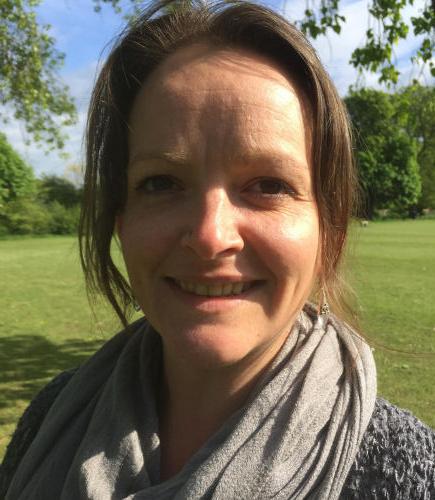
The environment and conservation, particularly with a marine focus, is severely lacking within our National Curriculum. However, there are so many opportunities to teach marine content but terrestrial content tends to feature more – examples are more accessible and teachers are generally more confident of the subject matter. It is therefore, perhaps unsurprisingly, that the young people we work with say they have gained their experience and understanding of the marine environment through out of school experiences, rather than through lessons.
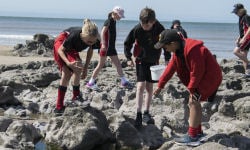 Increasing Ocean Literacy - understanding the ocean's impact on you and your impact on the ocean - is vital both within schools and wider society. We must take urgent action to halt climate change, one of the most significant threats to our natural world. The ocean plays a key role in this. There needs to be an understanding of the role the ocean plays in mitigating climate change and how we are impacting this through human action. Without connection to, and understanding of, our entire Natural History and the impacts humans are having on the world, we cannot hope to motivate enough action worldwide to halt the irreversible and catastrophic impacts of climate change.
Increasing Ocean Literacy - understanding the ocean's impact on you and your impact on the ocean - is vital both within schools and wider society. We must take urgent action to halt climate change, one of the most significant threats to our natural world. The ocean plays a key role in this. There needs to be an understanding of the role the ocean plays in mitigating climate change and how we are impacting this through human action. Without connection to, and understanding of, our entire Natural History and the impacts humans are having on the world, we cannot hope to motivate enough action worldwide to halt the irreversible and catastrophic impacts of climate change.
A Natural History GCSE is an opportunity to redress the balance and ensure Ocean Literacy is specifically taught through a focus on the whole natural world. Put simply, it is vital our society learns to appreciate and understand the world in order to protect it. The most impactful way of instigating a huge shift in understanding and appreciation is by increasing opportunities through our schools to learn and explore the natural world.
The Marine Conservation Society’s Cool Seas Education Programme provides a range of opportunities for young people to engage with the natural world, including online lessons and self-led, problem-based projects for young people to learn in and about nature, both locally and at the beach.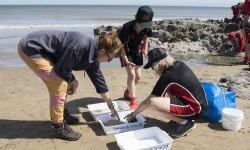
Much like our Education Programme, which connects young people to the ocean through hands-on experiences, a GCSE in Natural History provides opportunities for young people, regardless of their location or background, to connect with the natural environment and develop an understanding and appreciation of the world around them and perhaps most importantly, their role in conserving and protecting our world.
Keep up to date with our proposed GCSE in Natural History and other OCR Natural History news by signing up our email newsletter and updates. You can read back issues of our Natural History newsletter here.
